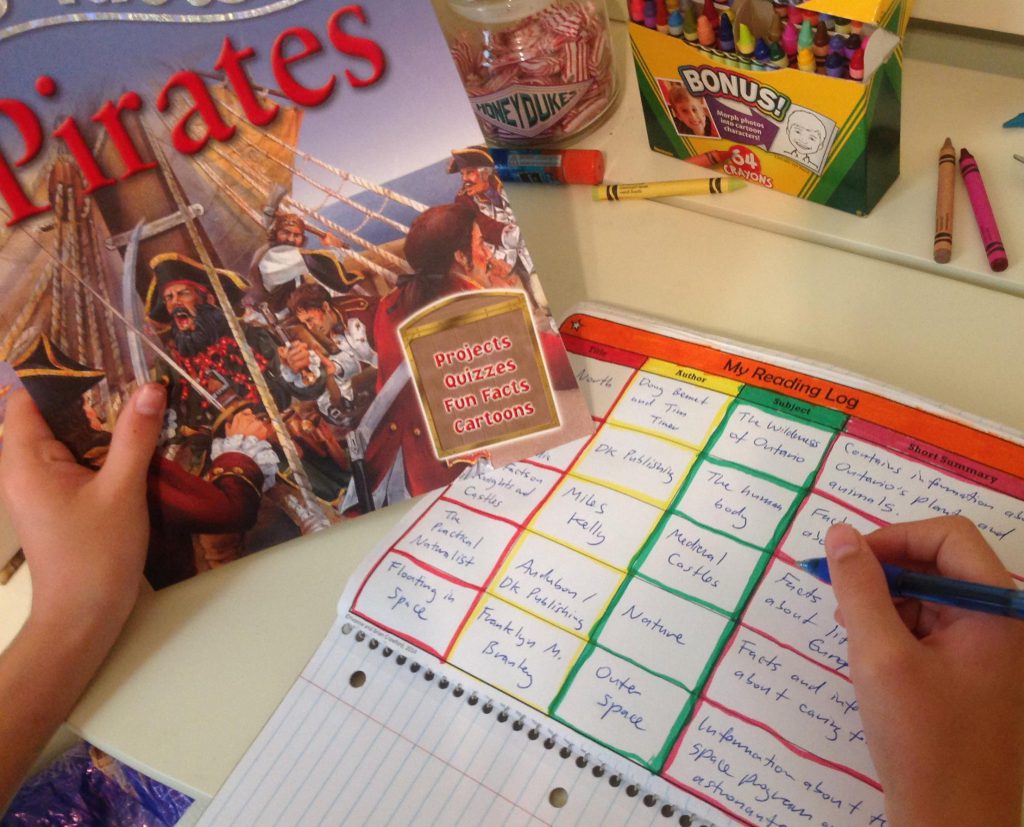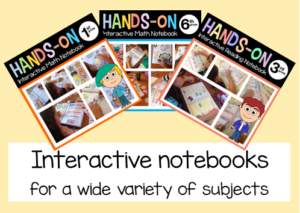![]() Reading is learning. Once you know how to read, the doors swing open to a world full of knowledge, understanding, and entertainment. That’s why it is important to get children reading and improving upon their reading comprehension skills throughout their formative years.
Reading is learning. Once you know how to read, the doors swing open to a world full of knowledge, understanding, and entertainment. That’s why it is important to get children reading and improving upon their reading comprehension skills throughout their formative years.
One way to encourage kids to read and to build upon their enjoyment of reading is to keep a reading log. By keeping track of how much they read each day, children can continue to improve their skills in reading and English language arts over the course of their educational careers. Here are some of the reasons why keeping a reading log is beneficial to kids:
Reading logs build a sense of accomplishment
By looking back over reading logs, students can see how many books they have read over a period of time. This gives kids a sense of accomplishment at the various interesting things they have learned through reading and books. Students can go through a wide variety of literature over time, learning about science, history, art, different countries and cultures, and a great many other subjects. They can also experience many different stories of different genres – science fiction and fantasy, drama, young adult – even romance.
Keeping track of reading can help those students who do not feel like strong readers see what they have, over time, achieved with their reading. This can help boost their confidence with reading and keep them going.
Reading logs help track reading improvement over time
By keeping track of the reading levels of the books students read, teachers and parents (as well as the students themselves) can see how students’ individual reading skills have improved over time. While children will start by reading books at, say, the first grade level, the books listed in their reading logs will gradually increase in skill level. In this manner, educators can keep track of a students’ reading level over time – and they can do so without having to resort to standardized testing to see where a student’s skill levels are.
Reading logs help teachers find new books for students
By going through a student’s reading log, teachers and parents can see what sorts of books an individual student enjoys reading. This can help the educator provide other books or reading material that a student might also enjoy, thereby building upon their reading repertoire. If a student is into pirates, for example, teachers can recommend a variety of different fiction and nonfiction books about pirates and the history of piracy. If students are into fantasy books, educators can help those young readers branch out into different works of speculative fiction. All this will lead to more enjoyment of books and reading by young learners.
Reading logs ensure kids are reading
This goes without saying, but by keeping reading logs, students can demonstrate that they are reading a little bit each day, or a certain number of times per week. In this manner, teachers and parents can make sure that students are not falling behind in their reading.
This is especially important over the summer. During the summer months, children who do not read several times per week start to lose some of the reading proficiency that they built up over the past school year. When they arrive back at school in the fall, these students then have to play catch-up. Keeping a reading log and helping parents to keep track of their kids’ reading over the summer holiday helps to prevent this phenomenon.
Reading is a lot of fun, and can open up many new worlds to children of all ages. So get your kids reading and keeping track of the books that they have read!




